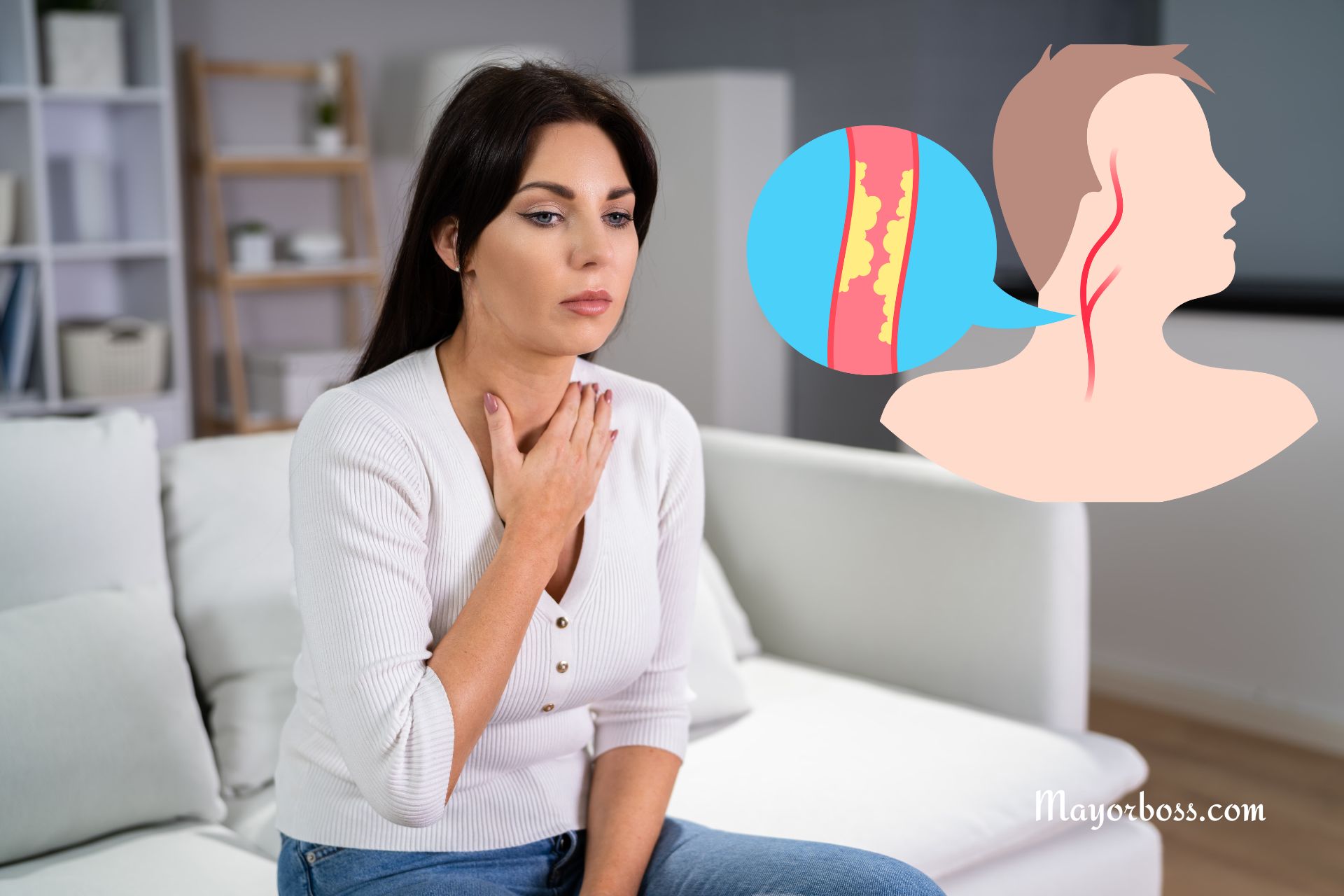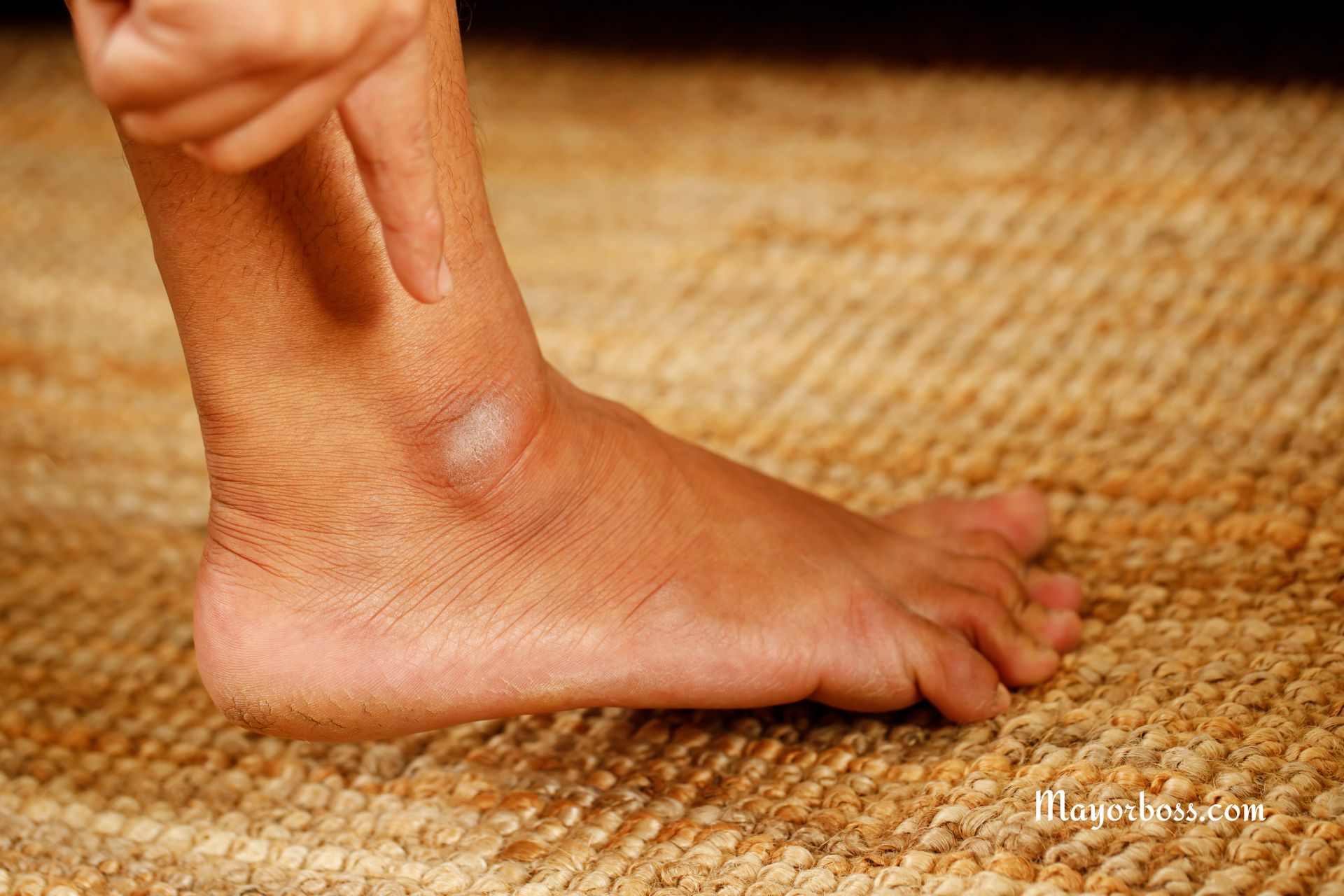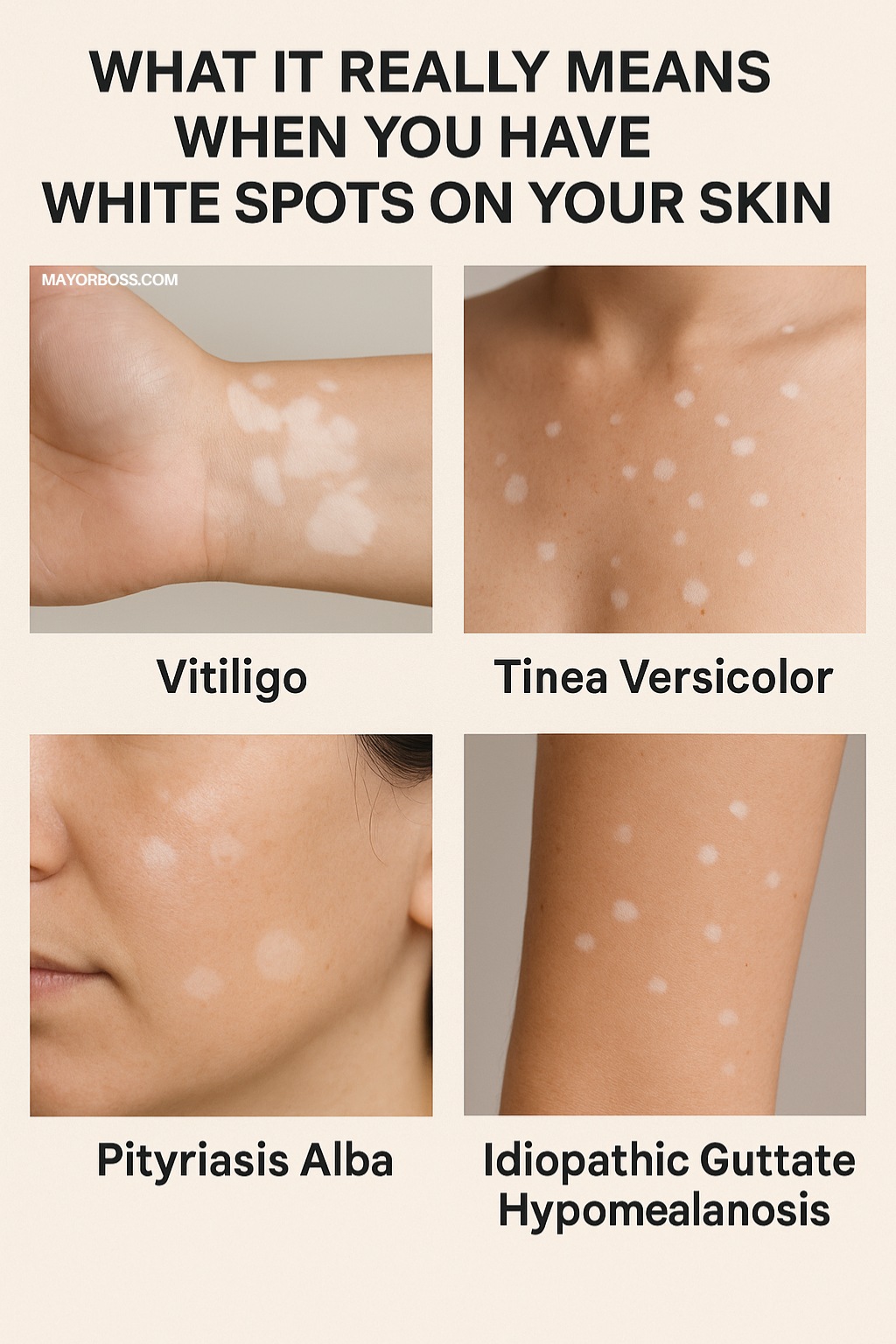4 Signs of Blocked Arteries in Your Neck
Blocked arteries in the neck can be a silent threat to your health. The major arteries in your neck are called the carotid arteries. They carry blood rich in oxygen from your heart to your brain. When these arteries become clogged or blocked, it can lead to serious complications such as stroke. However, signs of blocked arteries often develop slowly, and many people may not realize they are at risk until symptoms appear. Read on for four possible warning signs of blocked arteries in the neck.

What Causes Blocked Arteries in the Neck?
Blocked arteries do not happen overnight. Over many years, a waxy substance called plaque can build up along the walls of your arteries. Plaque is mostly made of cholesterol, calcium, and other fatty substances. If enough plaque gathers in the artery, it narrows the vessel and restricts blood flow. This condition is also called atherosclerosis.
There are several reasons why this buildup happens. One common factor is a diet high in saturated fats or unhealthy oils. Other important causes include high blood pressure, smoking, diabetes, and obesity. Even genetics can play a role in whether or not you develop blocked arteries. While the buildup of plaque may start in your younger years, you might not experience symptoms until later in life.
It is also worth noting that plaque buildup may progress quietly, without any signs at first. That is why it is good to keep track of your overall health through regular doctor visits, especially if you have risk factors such as a family history of heart disease or a history of smoking.
Signs of Blocked Arteries That May Show Up In Your Neck
1. Sudden Weakness or Numbness in the Face or Limbs
One of the most common signs of a blocked artery is a sudden feeling of weakness or numbness, often on one side of the body. This may include your face, arm, or leg. You might find it difficult to grip objects, or you could notice a lopsided expression when you smile. When blood flow to the brain is interrupted, even temporarily, it can affect the nerves that control movement and sensation.
Weakness or numbness may come and go. Sometimes, it disappears after a short while. But even if it goes away, it may still indicate a transient ischemic attack (TIA). A TIA is like a temporary stroke that happens when a blood clot momentarily prevents proper blood flow. While a TIA is not as severe as a full-blown stroke, it is a warning sign that should be taken seriously. If you have sudden weakness or numbness, contact a health professional as soon as possible.
2. Trouble Speaking or Swallowing
Another possible indicator of a blocked artery in the neck is difficulty speaking. You could find yourself slurring your words or speaking in a confused manner. In some cases, it may also be hard to understand what other people are saying. This occurs because your brain, especially the parts controlling speech and language, is not getting the oxygen it needs.
Additionally, you might have trouble swallowing. The process of swallowing involves a range of muscles and nerves that coordinate to move food from your mouth to your stomach. When there is a problem with blood flow in the brain, it can disrupt these signals. If you notice yourself struggling to speak clearly or swallow properly, do not ignore it. Let your doctor know right away.
3. Vision Changes
Changes in vision can be another signal associated with carotid artery blockages. You might suddenly lose vision or see darkness in one eye. This event is sometimes referred to as a “curtain coming down” over one eye. It can be brief, or it may come and go. In some cases, vision issues can affect both eyes. These vision changes are important clues that blood flow to the part of the brain responsible for sight is compromised.
Again, even if the issue with your vision lasts a short time and then goes away, you should not dismiss it. Brief episodes of vision loss can be signs that a blockage is getting worse. Early evaluation by a doctor can identify if there is reduced blood flow and help prevent more serious problems in the future.
4. Dizziness or Fainting
Dizziness, feeling lightheaded, or even fainting might also be connected to blocked arteries in your neck. When blood flow to the brain is reduced, it can cause sensations of spinning or unsteadiness. You might feel like you are about to pass out, especially if you stand up too quickly. While many conditions can cause dizziness, repeated episodes, in combination with the other symptoms mentioned, could indicate an issue with blood flow in the carotid arteries.
It is always good to mention any episodes of dizziness or fainting to your doctor, especially if they are new or happen regularly. Your doctor can help figure out if the dizziness is related to a blockage or something else entirely.
Preventing Blocked Arteries
Although atherosclerosis can develop over many years, it is not inevitable. By adopting a heart-healthy lifestyle, you can lower your chance of plaque buildup. Here are a few steps you can take:
- Eat a Balanced Diet: Focus on fruits, vegetables, whole grains, lean proteins, and healthy fats found in foods like fish, nuts, and seeds.
- Stay Physically Active: Regular exercise helps keep your blood vessels flexible and can help manage blood pressure.
- Control Blood Pressure: If you have high blood pressure, follow your doctor’s advice to keep it in the healthy range.
- Manage Diabetes: If you have diabetes, keeping your blood sugar in check can help prevent damage to the arteries.
- Quit Smoking: Smoking causes harm to your blood vessels and speeds up plaque buildup.
- Regular Check-Ups: A medical professional can detect early changes in your blood vessels with tests such as ultrasound or other imaging.
When to See a Doctor
If you notice sudden weakness, numbness, difficulty speaking, vision changes, or repeated dizziness, do not delay in seeking medical help. Early detection of carotid artery problems is key to avoiding a full-blown stroke. Diagnostic tests, such as a carotid ultrasound, can display blockages. If a problem is found, your doctor will discuss treatment options ranging from lifestyle changes to possible surgery, depending on how severe the blockage might be.






